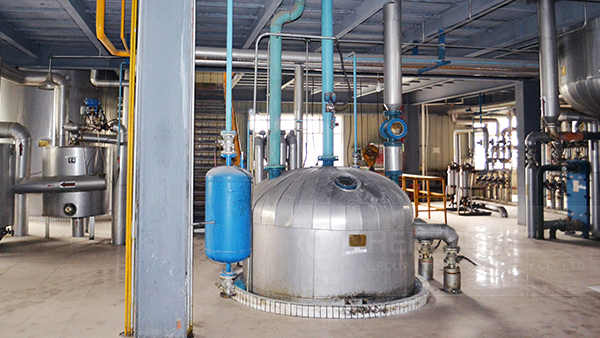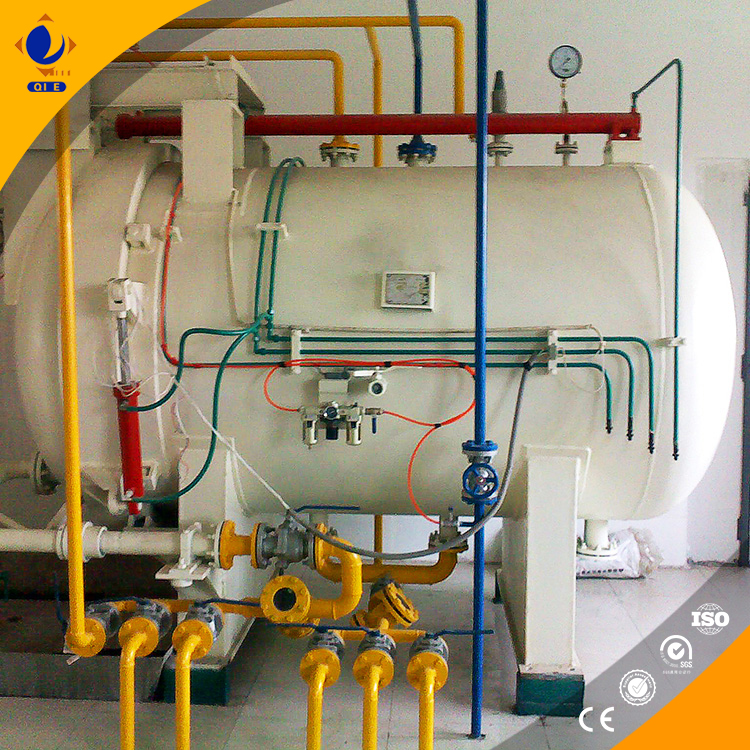
In recent years, the global refining industry has been under increasing pressure to meet stricter environmental regulations and improve energy efficiency. According to the International Energy Agency (IEA), the refining sector accounts for about 5% of global energy - related CO₂ emissions. With the global push towards carbon neutrality, refineries are actively seeking ways to reduce their carbon footprint. For example, the European Union has set ambitious targets to cut greenhouse gas emissions by 55% by 2030 compared to 1990 levels. This has led to a growing demand for high - efficiency refining equipment.

In the Middle East, a major refinery implemented a new high - efficiency refining system. By integrating advanced smart control systems, the refinery was able to reduce its energy consumption by 15% within the first year of operation. This not only lowered operational costs but also improved the overall environmental performance of the refinery.
European refineries, facing high energy prices and strict environmental regulations, have been at the forefront of adopting innovative refining technologies. A large - scale refinery in Germany upgraded its equipment with modular design, which significantly reduced the installation time and improved the flexibility of the production process. As a result, the refinery increased its production efficiency by 20%.
In the Asia - Pacific region, a refinery in South Korea introduced an energy - saving process integration technology. This technology enabled the refinery to recover and reuse waste heat, reducing its energy consumption by 12% and carbon emissions by 10%.

There are several key technological breakthroughs in high - efficiency refining equipment. Smart control systems can optimize the operation of refinery equipment in real - time, adjusting parameters according to different production requirements. Energy - saving process integration combines multiple energy - saving technologies to maximize energy utilization. Modular design allows for faster installation and easier maintenance of equipment.
These technological advancements bring significant operational benefits. For example, they can reduce energy consumption, lower production costs, and improve product quality. A refinery that adopts these technologies can transform from an energy - intensive facility into an industry benchmark.
The future of the refining industry lies in digital transformation, low - carbon technology integration, and the rise of customized solutions. Digital twin technology can simulate the operation of refinery equipment, enabling predictive maintenance and optimization. The integration of low - carbon technologies such as carbon capture and storage can help refineries achieve carbon neutrality. Customized solutions can meet the specific needs of different refineries.

Brands play a crucial role in promoting the upgrade of industry standards. Leading brands can set high - quality benchmarks through continuous technological innovation and product improvement. By establishing a professional and authoritative image, they can guide the development direction of the industry and drive more refineries to adopt advanced technologies.
You may wonder, has a similar high - efficiency refining equipment been deployed in your region? Share your thoughts with us!
Master the next - generation refining technology and seize the opportunity in the international market! Click here to learn more about our high - efficiency refining equipment solutions.


